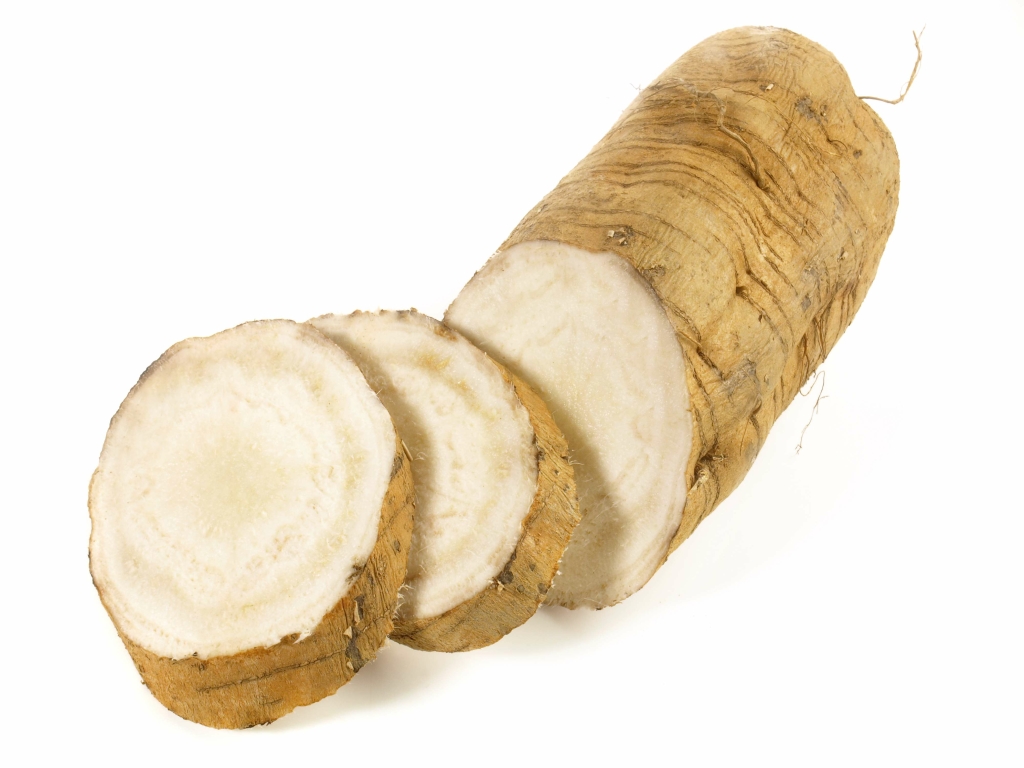“Alcohol consumption is one of the most common dietary triggers for migraine sufferers,” says Dr. Sara Crystal, Cove Medical Director, noting that alcohol causes two specific types of headaches. Wine, in particular, has been linked to headaches dating back to antiquity. Despite this common belief, there is little scientific evidence to suggest that wine is more likely to trigger a headache from drinking than another type of alcohol. If you develop a cocktail headache, stop drinking alcohol and go someplace where you can rest comfortably. Drink lots of water to rehydrate your body and help flush the alcohol from your system.
If you want to cut down, it can help to have several drink-free days each week. If you’re at a party, you could try opting for a soft drink or glass of water between alcoholic drinks, which will help keep you hydrated and mean you drink less alcohol over the night. At first, drinking alcohol can make you feel sleepy and relaxed, because it has a sedative effect on your central nervous system. Although this means you might fall asleep quicker, drinking too much alcohol has been linked to poor sleep quality, which means you’re more likely to have a bad night’s sleep.
What Factors Affect the Risk of an Alcohol-Induced Headache?
However, if you find that small amounts of alcohol don’t seem to trigger your attacks, be sure to stick to small amounts when you drink. Histamine intolerance, which results from a disequilibrium of accumulated histamine and the capacity for histamine degradation, has been recently reviewed [41]. Many foods are considered to have the capacity to release histamine from tissue mast cells, even if they themselves contain only small amounts of histamine. However, alcohol potently inhibited, in itself, diamine oxidase and may activate the release on histamine from mast cells. Always drink responsibly—which includes minimizing the chances that alcohol will affect your migraine. Current medical opinions on alcohol consumption are evolving with research, so it’s important to educate yourself on the effects of alcohol on your health.

In a 2018 study involving 2,197 people with migraine, 25% of the participants who had stopped or always avoided drinking did so because alcohol triggered migraine attacks. More than a third of the participants said that alcohol had this effect, with about 78% naming red wine as the most common alcohol trigger. Research shows that people with https://en.forexdata.info/the-honest-truth-about-being-sober-that-no-one/ migraine may also experience related symptoms during a hangover. Reducing or eliminating alcohol may reduce the frequency of migraine attacks. It may also help eliminate triggers that tend to co-occur with drinking, such as dehydration and sleep deprivation. Dr. Crystal said she finds that many of her patients have a sensitivity to alcohol.
Medical Professionals
Explore these Frequently Asked Questions about migraine symptoms to see if you might be experiencing migraine. Yawning and fatigue are typical symptoms of prodrome, the first phase of a migraine attack. Other symptoms can include food cravings and difficulty concentrating.
- In many, if not most, cases, improvements in symptoms are seen with continued abstinence from alcohol.
- So with that goal in mind, we spoke to a number of physicians specializing in headache and migraine treatment as well as addiction medicine to find out exactly why drinking may trigger a headache.
- In fact, one Dutch study found that 25% of people who suffered from migraines had stopped drinking because it was either an actual or potential trigger.
- Researchers estimate that about one third of people with migraine are sometimes triggered by alcohol, but only about 10 percent are frequently triggered by alcohol.
With Christmas over and Dry January in full swing, you might be noticing differences in your migraine attacks if you’ve drunk more or less than normal recently. If there seems to be a connection between alcohol and your migraine, you’re not alone. About a third of people with migraine find that alcohol can trigger their attacks, while about 10 percent find it triggers them on a regular basis, according to a 2016 study.
Alcohol as a trigger factor
However, these individuals were not more vulnerable to other hangover symptoms. Certain additives can increase the chance of developing a headache after drinking. People Addiction Recovery: Seven Great Art Project Ideas prone to headaches may be at a higher risk of experiencing alcohol-related headaches. The alcohol in the blood increases more quickly with liquor than with beer.
- Learn more about the short-term and long-term effects of alcohol.
- Once it gets into your system, it is converted into a chemical that triggers migraine.
- Knowing your migraine triggers is important because avoiding those triggers can reduce your total number of migraine attacks.
- In addition to red wine, other alcoholic beverages, including beer, white wine, and liqueur, have also been reported as headache triggers.
- After you drink alcohol, it is absorbed into your bloodstream and processed in the liver.
It is known since antiquity that wine could be a trigger for migraine. Red wine is the type of alcohol most often reported as a headache trigger. Tannin, a component in red wine, has been long considered the culprit. Keep a record of any symptoms that occur after consuming alcohol and discuss them with your doctor. Identifying your specific food and drink triggers is a key part of any migraine prevention and treatment plan. While people who have these headaches report a connection to alcohol, there’s no real consistency in how alcohol causes these headaches to develop, according to studies that have been done.
Connect with one of our most trusted headache experts
For me, blue cheese and white wine can bring them on, while my brother can’t eat anything with artificial sweeteners. Unlike most lists of foods to avoid, migraine triggers aren’t necessarily unhealthy if you don’t have the condition. Quantity is definitely a factor in whether drinking alcohol will trigger a headache, and the quality of alcohol probably plays a role as well. We do not know for sure, though, how any specific type of alcoholic beverage will affect people with migraine.
- Over the years, research has shown that moderate alcohol consumption may provide health benefits over total abstinence.
- Current medical opinions on alcohol consumption are evolving with research, so it’s important to educate yourself on the effects of alcohol on your health.
- For instance, for some people with migraines, just a small amount of alcohol can lead to a cocktail headache, whereas others can tolerate alcohol at the same level as people who don’t get migraines.
- In turn, this affects all the different phases of sleep we get a night – which are usually finely tuned to make sure we are rested and our brains can function properly.

